It was so good to be attending a genealogy conference in person and catching up with old friends and making new ones. It was a full-on program, and I think about 380 people attended. Master classes were also held but I didn’t attend them as it was an additional cost. The master classes were presented by Judy Russell, Nick Barratt, Hamish Maxwell-Stewart and Helen Smith.
I booked into my onsite Quest accommodation on Thursday afternoon. I hadn’t quite realised they were apartments with microwave, toaster, crockery, cutlery etc. My yoghurt breakfast could have been so much more.
Thursday night I had dinner at the Glen Hotel with a meet up of members of the Association of Professional Genealogists Australia and New Zealand branch. We usually meet on Zoom, so it was good to see other members in person and get to know them over the conference days. Nearly skipped dessert but thankfully I chose the best ever lemon meringue pie.

Apart from the keynote sessions there were three different streams throughout the day. Which meant you had to pick one and miss two. Always a hard choice, especially when sessions are not recorded.
Day One. The keynote was Judy Russell with Sentence of Transportation which looked at the convicts in North America before the War of Independence. As usual with Judy’s talks, it was fascinating. After morning tea, I went to the session on Unlocking Family Mysteries the Search Party method with Alex Daw and Charlotte Sale. It was a good look at the basics of doing research in a systematic way and ideal for all the beginners at the conference. I missed the sessions on local and family history on St Helena Island by Belinda Daly and Scattered leaves the story of six Irish sisters by Cathie Sherwood.
Elizabeth Walsh talked about digital mapping and Liesl Harrold on Irish rebels in Australia. Both were of interest, but I chose Nick Barratt and his search for his grandmother. An interesting and entertaining talk which showed that finding the truth can be complicated.
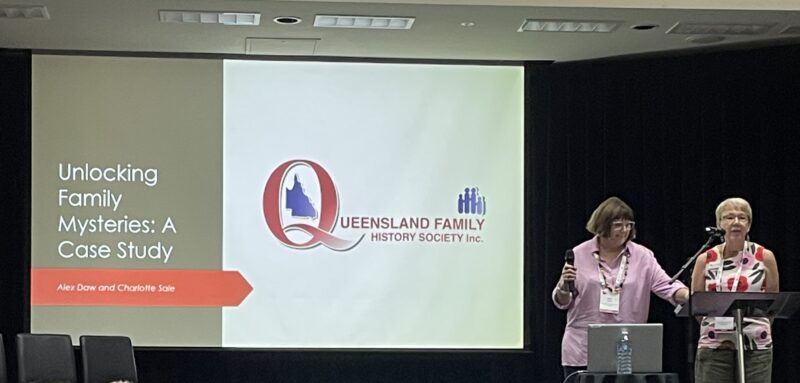
After lunch I missed Cara Downes talking about the National Archives of Australia and Neil Renaud on the Huguenots. Jennifer Harrison’s talk on Unravelling the travelling was a fascinating look at migration using children’s nursery rhymes. I wish that had been recorded so I could watch it again.
Next Pauleen Cass talked about Bavarian immigrants to New South Wales and Jacqueline Stockdale on Queensland State Archives. I went to Perry McIntyre’s session on the Irish workhouse girls. Another good talk.
Afternoon tea sustained us for the last sessions of the day. John Boeren spoke about researching from The Netherlands and Rosemary Kopittke talked about the police gazettes and their value to family history. Sharyn Merkley spoke about Miegunyah the home of the Queensland Women’s Historical Association. Her talk was on uncovering forgotten women and she had a few examples. So many women’s stories are yet to be told.
After a huge day, it was a meet and greet session which included a book launch by local author Jane Smith. Her books for adults include Ship of Death: the tragedy of the Emigrant and One Free Woman: the true story of convict Hannah Rigby. After a big day, I was happy to have an early night.
Day Two started with a keynote session with Hamish Maxwell-Stewart on How is technology changing family history. Very impressive session and his work with the Tasmanian convicts is fascinating. Visit Unshackled: Hobart Penintentiary.
After morning tea, I chose the session by Jan Richardson on researching Chinese in Queensland which has some relevance to my PhD thesis. I enjoyed this and picked up some nice little research tips. I missed Megan Crook on the Holland Park community and Simon Bligh on data and analytics in genealogy.
The next session was a hard choice, but I went to Judy Russell’s The Robot Genealogist separating fact from fiction in AI assisted research. Lots to think about here. But I missed Linda Coonan on Revealing a Chinese Enigma and Carole McCulloch on Beyond the Pen AI assisted ancestral story telling. I hope the handouts have lots of good information in them.
After lunch I presented my talk on Mining the archives for local and family history with examples from Australia and the UK and Ireland. Therefore, I missed Jenny Joyce on Why did they leave and Eve Terry on the White Australia policy.
This was followed by Jane Harding discussing soldier settlement and Greg Carlill on AI insights with a case study of a WW1 soldier on the Somme. I went to Kay Ryan’s Journey of Necessity: why did they come. I also purchased her family history book What’s in a name: a journey of immigration, infidelity and incarceration.
The final sessions of the day were Dorothy Wickham and Anne Stewart talking about women on the Artemesia, the first free settlers to Queensland and Dianne Snowden spoke about the children on board ships. I went to the FamilySearch session by Ian James who explained how they are using AI (artificial intelligence if anyone is wondering). Amazing what is being done in their FamilySearch labs area of the website. AI is enabling us to search for anyone mentioned in a will, not just the deceased who is the index entry. I think this type of technology is going to solve a few brick walls for people as it will give greater and more complete access to records.
Then it was a two hour wait for the conference dinner, and I went back to my room to freshen up and dress for dinner. Roly Sussex provided the entertainment with his look at words through the ages. We were greeted by nicely presented tabled with plates of cheeses and crackers. The line up for the bar was a bit daunting in the beginning. My chicken and veg was delicious and my dessert was panna cotta with berries. It was a late night for me as I am usually in bed by 9.30pm.

Day 3 and the final day started with three sessions, and I chose the Faces of Croydon: Chinese Aboriginal genealogy by Janis Hanley as this was relevant to my PhD as some of my ‘ladies’ were tried in Croydon. But I missed Fiona Brooker’s talk on finding crew and the session on Ancestry presented by Michele Patient.
After morning tea Stephanie Ryan spoke about the town of Theodore and Max Petts on innovative digitisation services. Kerry Farmer’s talk on The Tapestry of Migration was standing room only and covered several immigration schemes.
The next three sessions were Maggie Gaffney with the 1863 voyage of the Mermaid to New Zealand and Charlotte Sale on It wasn’t what you knew but who you knew. My choice was Hamish Maxwell-Stewart talking about Non-European convicts. Another fascinating look at a different aspect of the convict system.
Lunch time I had to go out and sit in the sun for a bit as it was too easy to spend the time going round all the exhibitor tables and chatting to people. I came back just in time to be included in the QFHS photo and the GSV photo as I am a member of both.
After lunch another hard choice with Helen Smith on local history and genealogy and Sally Romano on digitising genealogical records. But I went with Darryl Low Choy on situating your ancestors in the broader historical context. He gave four examples from his own Chinese ancestry using local, national and international events. Lots to think about there.
The final three sessions were really tough to choose from, but I went with Jill Ball The Thoughtful Ancestor: leaving a large footprint for future generations. This was full of good suggestions to ensure that all our research is not just thrown out and passed on. However, I didn’t get to hear Andrew Redfern on AI friend or foe or David Ryan on researching Irish agrarian ancestors.
The final keynote was Nick Barratt on the Future of Family History. Another thought-provoking session. I started my family history research back in 1977 before computers, email, internet and I wonder how we ever managed. So much has changed in almost 50 years and it does make me excited to think about what’s coming up next.
Three days of sessions, chats and catch ups was tiring and stimulating at the same time. There were a few technological hiccups, some standing around while rooms were changed, a hot exhibitor’s area but on the other hand, the morning and afternoon teas were delicious, and you could make yourself a tea or coffee. Timing of sessions was well managed, and the conference organisers and volunteers should all be congratulated on a job well done.
The next AFFHO Congress will be in Wellington, New Zealand in 2027. One of my favourite cities so I am already looking forward to that. History Queensland has not announced when or where its next conference will be held.
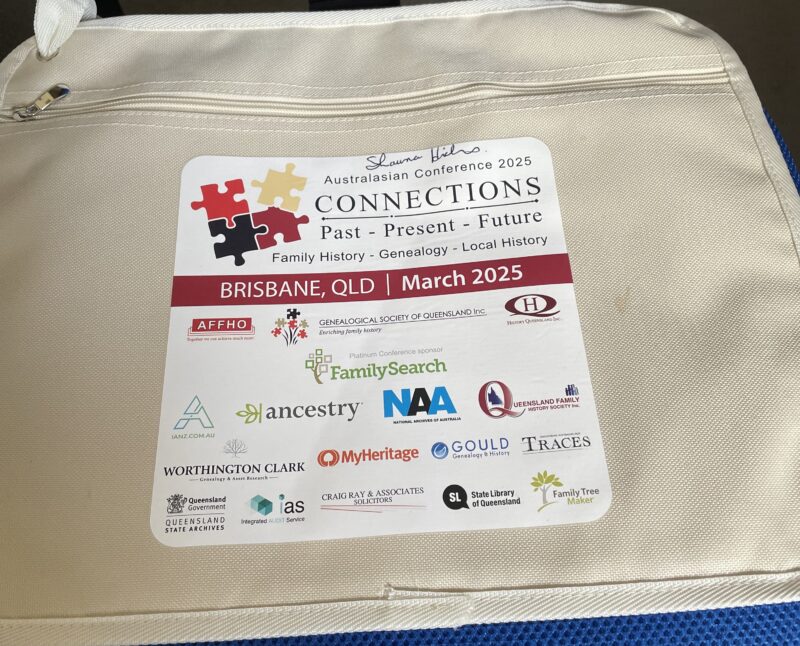
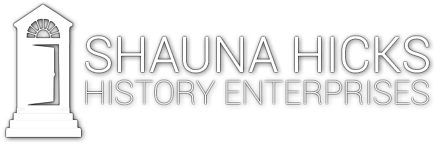

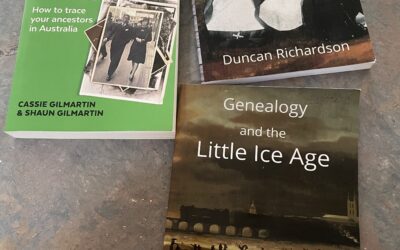
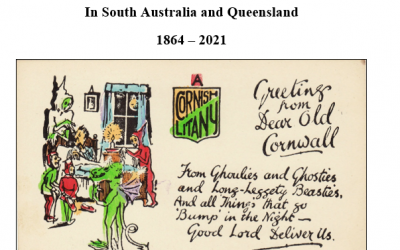

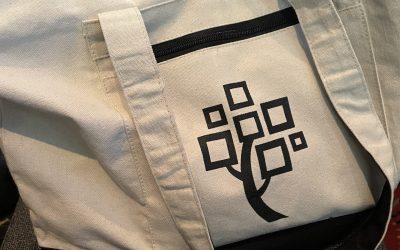
0 Comments